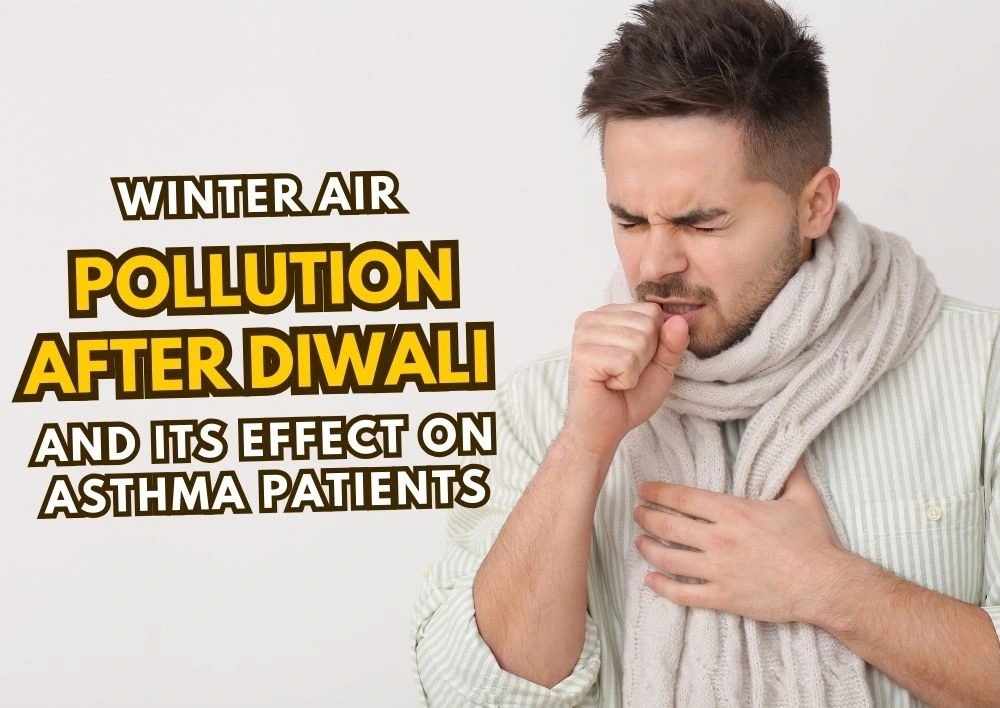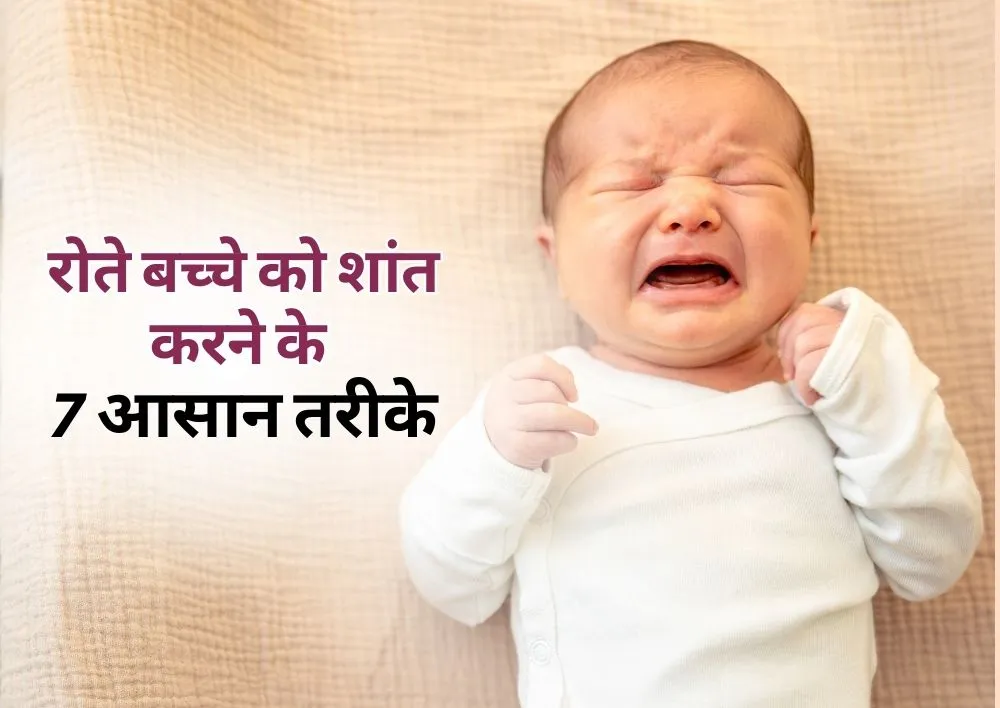Winter Air Pollution After Diwali and Its Effect on Asthma Patients
Everyone looks forward to the joy, togetherness, and celebration of Diwali. This beautiful festival brings dazzling lights, vibrant fireworks, and sweets that fill the air with happiness. However, along with the fun and joy, it also brings a major problem: increased air pollution. After Diwali, air pollution rises significantly, especially during the winter, which can be very dangerous, particularly for people suffering from asthma.
In this blog post, the leading internal medicine doctor in Gurgaon at Miracles Apollo Cradle/Spectra provides insights into the impact of air pollution during this festive season, particularly for asthma patients, along with tips on managing asthma effectively during this time.
Asthma and Its Challenges
Studies show that asthma is a chronic respiratory condition affecting millions of people worldwide. Managing asthma can be difficult, but it becomes even more challenging when pollution levels rise. Pollutants in the air, such as particulate matter and harmful gases, can irritate the lungs, trigger inflammation, and lead to more frequent asthma attacks. These pollutants make it harder to breathe and can significantly worsen asthma symptoms, especially in vulnerable individuals.
What Causes Winter Air Pollution After Diwali?
There are a few key reasons why air pollution becomes a more significant problem after Diwali:
-
Fireworks and Crackers: During Diwali, the use of fireworks is common. The crackers release harmful gases like sulfur dioxide, nitrogen oxides, and tiny dust particles (PM2.5 and PM10). These particles stay in the air for a long time and affect the lungs badly.
-
Cold Winter Air: In winter, temperature inversion happens. Normally, warm air rises and takes pollution away. But in winter, cold air reaches the ground, along with all the smoke and dust. This makes the air we breathe much more polluted.
-
Stubble Burning: In some parts of India, farmers burn leftover crop stubble, adding more smoke to the air. This usually happens around the same time as Diwali, making the pollution problem even worse.
Why Asthma Patients Suffer More From Winter Air Pollution
Individuals with asthma are especially at risk during this time. Asthma causes inflammation and narrowing of the airways, making it difficult for patients to breathe. The air pollutants can irritate the airways, triggering asthma symptoms such as wheezing, coughing, shortness of breath, and chest tightness. Here are the effects of air pollution on human health after Diwali especially on asthma patients:
-
Particulate Matter: PM2.5 and PM10 are tiny particles that are small enough to stick deep into the lungs. For asthma patients, inhaling these particles can cause severe attacks, worsen existing symptoms, and even lead to hospitalizations.
-
Sulfur Dioxide and Nitrogen Oxides: Fireworks release these gases in large quantities, which can irritate the airways. In asthma patients, this irritation causes inflammation of the bronchial tubes, leading to difficulty breathing.
-
Cold Air and Pollution: Cold air itself is a known trigger for asthma. When combined with high pollution levels, it becomes a deadly mix for asthma patients. Cold air causes the airways to narrow, and the air pollutants further worsen this, making it extremely hard for asthma patients to manage their symptoms.
-
Ozone Formation: High levels of nitrogen oxides and volatile organic compounds (VOCs) can lead to the formation of ground-level ozone. Ozone is a harmful gas that can irritate the lungs and cause asthma flare-ups.
Impacts of Air Pollution on Asthma Patients
Polluted air can cause several asthma-related problems, including:
-
Worsened breathing issues: Air pollution inflames the airways, leading to shortness of breath, wheezing, and coughing.
-
Increased use of medication: Asthma patients usually need to use their inhalers more frequently during winter due to higher pollution levels.
-
Reduced lung function: Long-term exposure to high levels of pollution can decrease lung function, especially in children with asthma.
Asthma Symptoms To Keep an Eye on
If you or someone you know is suffering from asthma, it’s important to keep an eye on the symptoms, especially during the winter season after Diwali when air pollution is high. Common symptoms include:
-
Constant coughing, especially at night or early morning
-
Wheezing
-
Shortness of breath
-
Tightness
-
Pain in the chest
-
Frequent use of inhaler
If any of these symptoms get worse, Consult an internal medicine doctor near you for medical help right away.
How to Stay Safe During Winter?
While you can’t control air pollution, however, there are steps you can take to protect yourself from it, especially if you have asthma:
-
Stay Indoors During Peak Times: Pollution levels are highest in the early morning and late evening. Try to stay indoors during these times to avoid breathing in polluted air.
-
Use an Air Purifier: Keep the air inside your home clean with an air purifier.
-
Wear a Mask: If you need to go outside, wear a mask to filter out harmful particles from the air.
-
Avoid Exercising Outdoors: Exercise can make you inhale more pollution. It’s better to opt for indoor exercises and avoid outdoor activities, especially when the air quality is poor.
-
Always Carry Your Inhaler: If you have asthma, never leave home without your inhaler. Winter pollution can trigger sudden asthma attacks, so be prepared.
-
Ventilate Smartly: Avoid keeping them open during peak pollution hours. Open windows only when the air is cleaner, like in the late afternoon.
-
Stay Hydrated: Drink plenty of water to help clear mucus from your lungs and keep you feeling better.
Long-Term Solutions to Manage Asthma in Winter Season
Here is a long-term solution to reduce asthma symptoms during the cold, polluted months:
-
Consult a Doctor: Consult an internal medicine doctor for asthma management. This can help you recognize early symptoms and know what steps to take when your asthma flares up.
-
Strengthen Your Immune System: Winter brings more colds and flu, which can make asthma worse. Stay healthy by getting a flu shot, eating a balanced diet, and staying active.
-
Keep Your Home Clean: Dust, pet hair, and other indoor allergens can also trigger asthma. Make sure your home is clean and free of dust.
-
Try Breathing Exercises: Breathing exercises such as deep breathing can help strengthen your lungs and make it easier to manage asthma during the winter.
Conclusion:
Winter air pollution, especially after Diwali, poses a serious risk to those with asthma. By taking precautions, monitoring air quality, and adopting long-term strategies to reduce pollution, you can help protect yourself and others from the harmful effects of polluted air. Be proactive in managing asthma symptoms and always prioritize your respiratory health.
If you or a loved one suffers from asthma, don’t wait until symptoms worsen. Schedule a consultation with a general physician near you at Miracles Healthcare today. Our expert team will provide you with personalized asthma management plans and the care you need to stay healthy during the winter months. Stay safe, stay protected, and breathe easy!














Was the information useful?
0 0